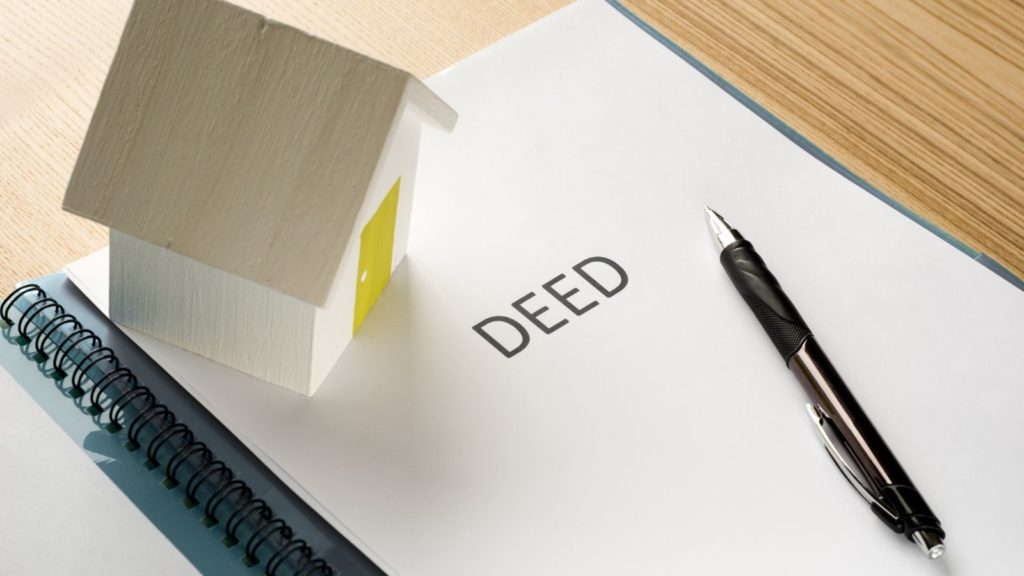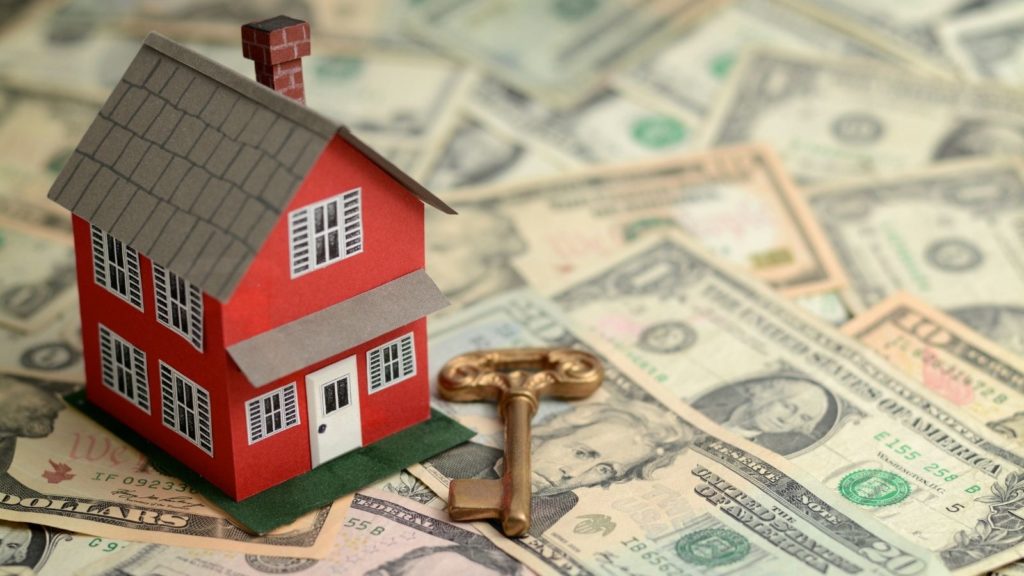Home sellers have a lot of work to do. They need to have their property listed and marketed. Many sellers are usually preparing their homes for sale while researching other houses and neighborhoods that they’d like to live in.
Some houses are sold by an estate executor. This person is selling the home on the behalf of the previous owner who has passed away. There are a few more steps involved, but the property should still be able to be sold in most instances.
Selling a home in Florida isn’t always easy. You have to pay attention to current market trends and economic conditions. There may be unexpected delays or issues that can pop up, and you might wind up with an interested party who doesn’t have their financing secured. Patience, determination and a proactive plan of action can help you achieve your goal.
Here are a few common steps that are taken when an executor sells a house:
1. An executor is appointed.
Estate executors are appointed by a court of law. Letters Testamentary must be issued by that court before the executor can sell the house. The executor will need to follow the probate process, which includes having the decedent’s will filed along with any required waivers, the probate petition, and other associated documents.

2. The home is put up for sale.
The house should be listed after an estate executor has been assigned. The executor may choose to sell the home themselves, or they may enlist the services of a realtor or real estate attorney.
A meeting may be scheduled so that the executor can explain their intentions and purpose for selling the house. The property will then. be marketed appropriately.
3. Offers are reviewed.
The executor should start receiving offers on the home soon after it’s been placed on the market. Each offer will be evaluated before a buyer has been chosen. Offers can be rejected, accepted or the executor could offer to negotiate with an interested party.

4. A purchase agreement is drafted after an offer has been accepted.
Once a buyer has been chosen, a purchase agreement will be created. The agreement should be reviewed carefully by both parties before it is signed. Any necessary clauses or contingencies should be included in this contract. If certain conditions are not met, one or both parties may be able to walk away from the deal without any legal repercussions.
5. The executor’s deed is created by an attorney.
An executor’s deed will also be drafted. This document lets the executor sell the house to the buyer that was selected. A lawyer typically creates the executor’s deed. Both parties will read and review the deed before it is signed.

6. The home is appraised and inspected.
The house should be appraised if it hasn’t been already. This will give a true representation of the home’s value. An inspection will also be conducted before closing.
A licensed inspector will review the interior and exterior condition of the home and then issue a report with their findings. The buyer and seller will have to consult with each other to determine which party (or if both) will be responsible for any necessary repairs or renovations that will be made to the house.
7. Closing has been completed.
After the final walkthrough, all final paperwork will be signed and filed. The buyer will receive the keys to their new home and can move in whenever they’re ready. The property title will also be transferred to the buyer’s name.
8. Payment is received for the sale.
The seller will receive the net proceeds from the sale transaction. Sellers’ closing costs and any other respective charges will be deducted from the sale price. All costs should be included in the closing statement. The seller should know just how much money will be made from the sale.

9. The executor’s deed is signed and notarized.
Now it’s time for the executor’s deed to be signed (if not already accomplished). The document should be notarized by an official notary. Both the seller and buyer should receive a copy of this document which will be kept for their records.
10. The deed is filed with the appropriate local government office by the buyer.
The home buyer will have the executor’s deed filed with the respective city, local or state government office. The specific office can vary depending on location. The title or escrow agent may be able to assist the buyer in finding the right department that will properly file this paperwork.
11. The estate account will receive the respective funds from the transaction.
The estate account will receive the payment from the home sale. Instructions for how that money is to be distributed will be made by either a court order or official documents from beneficiaries or creditors. The estate executor will then release those funds to the appropriate people or parties based on that information.

Things are easier if the deceased person left a will behind. It will take less time to properly distribute assets because the former homeowner would have specified his intentions in most instances. Funds can still be distributed if there is no will. In that situation, Florida’s intestate law would apply. Property can be sold by a personal representative of the decedent.
This person may or may not necessarily be an estate executor. They will be responsible for paying any of the deceased person’s remaining debts. Inheritance will depend on family. The surviving spouse or children will likely inherit the decedent’s money or other assets.
Conclusion
Selling a home with an executor may take a bit more time because of the additional actions that need to be taken. However, the transaction should still be completed and the proceeds disbursed in a matter of months at the most.
The home will have a new owner and the creditors and beneficiaries will be compensated financially. Loved ones can cherish the memory of the former homeowner and move on.
The buyer can relax and look forward to enjoying spending quality time with family and friends in their new house for many years to come.
Have Questions? Ask Liz!
Give Liz Welch a call today to learn more about local areas, discuss selling a house, or tour available homes for sale.





